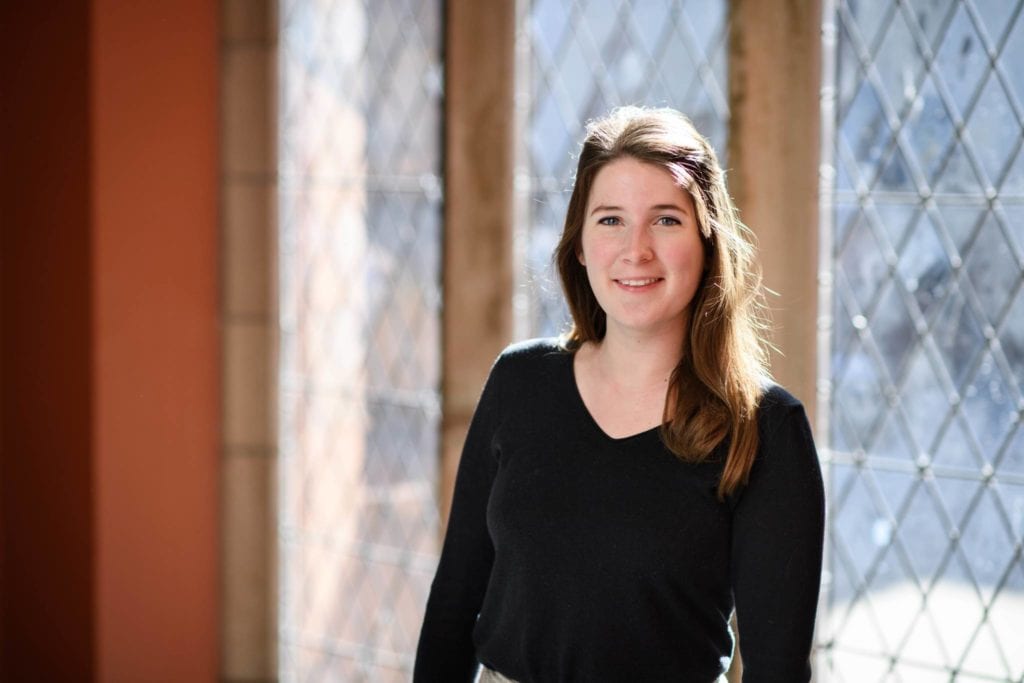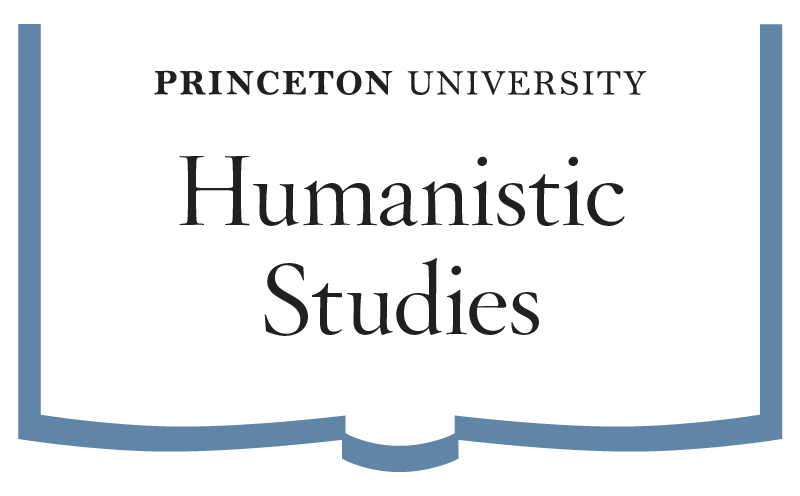In her essay published in Scientific America in October, 2019, Sophie Evans ’19 describes the importance of seeing the relationship between astrophysics and humanism; how the human mind seeks to understand the unfamiliar and the seemingly impossible through a humanistic lens. This idea emerged from the course AST 203, “The Universe,” which she took out of curiosity in the spring of senior year and was a departure from her home in Near Eastern Studies and Humanistic Studies. Evans suggests that for the human mind to be conscious the universe, it also has to be conscious of itself.

During her time at Princeton, Evans was a Behrman Society Undergraduate Fellow, a Streicker Fellow, and a Fred Fox Fund recipient. She graduated magna cum laude after a semester abroad at Oxford University. Her senior thesis, “The Literariness of Political Texts,” won the Near Eastern Studies Department Prize for an Outstanding Senior Thesis. It was an interdisciplinary study of declarations of independence as literary-cum-legal documents that create a nation first in the world of the text and then on the world stage. Fusing foreign policy with authorial self-determination, it illustrated the interrelation of literature and politics involved in state formation since 1776.
Evans received a certificate in Humanistic Studies and participated in the Journalism Workshop, “Getting Published: Adapting Your Writing for Newspapers, Magazines and Job Applications,” lead by Edward Wong of The New York Times.
Read the Scientific America essay by Sophie Evans, “How Mere Humans Manage to Comprehend the Vastness of the Universe,” here.













